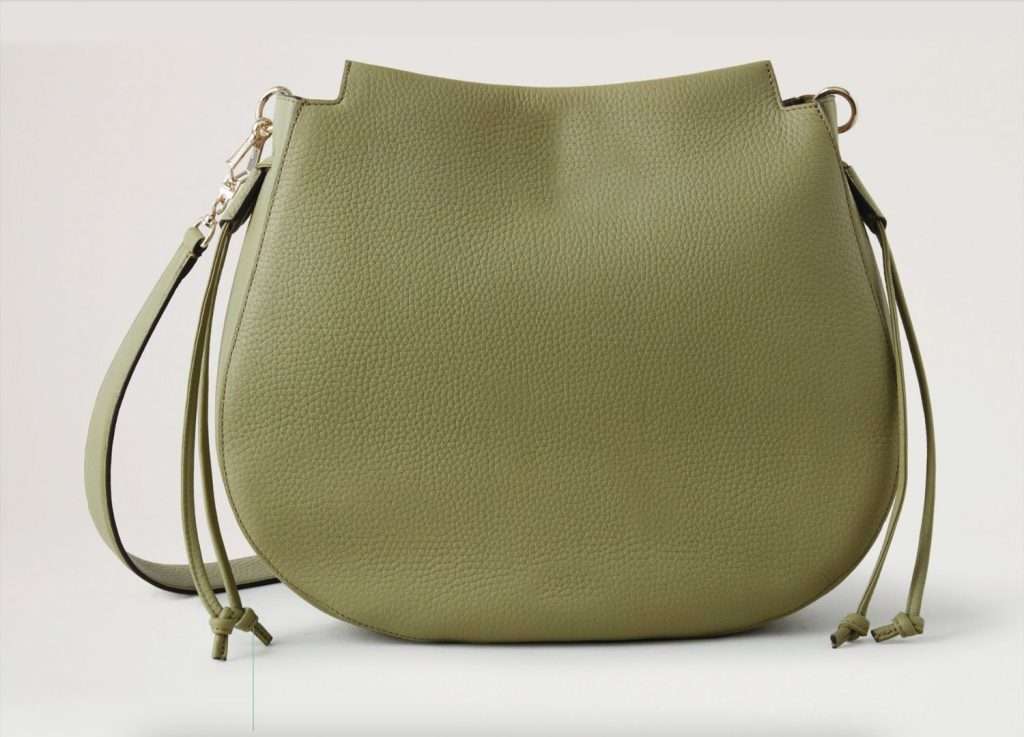Your next cup of tea could have an afterlife as a vegan leather handbag thanks to a new effort in Turkey working to recycle tea waste into biomaterials.
Wastea (“waste tea”), is turning leftover tea into a versatile, bio-based leather-like material. The product has applications in a wide range of industries, from handbags and shoes to automotive and furniture upholstery.
“Our aim is to replace leather, polyurethane, and polyvinyl chloride materials with our Wastea product for a better future for the environment and the future generations,” Erdem Dogan, the managing director of Scays Group, the Istanbul-based brand behind Wastea, said in a statement. Wastea leather is composed of 40 to 95 percent bio-based materials.

Wastea’s origins date back nearly five years, with the company’s determination to create a new generation of sustainable materials. “It was very important for us to find a waste which has no future life cycle, and second, to find an industry and plants which are environmentally friendly. We found tea waste of the Camellia sinensis tea plant to be the most eco-friendly,” Dogan explained.
Scays Group says it identified an opportunity in the vast amount of tea waste generated globally. Up to ten percent of all commercially harvested tea leaves eventually become waste, occurring at various stages of processing. This waste, largely unrecycled, typically ends up in landfills or is incinerated.
Dogan’s encounter with Yusuf Ziya Alim, CEO of Caykur, Turkey’s largest tea producer, was a turning point. It not only opened avenues for sourcing tea waste but also underscored Turkey’s significant role as the world’s fifth-largest tea producer. The tea industry is a crucial economic driver in several northern provinces of Turkey, with a workforce predominantly comprising women.

Wastea’s innovative approach has not gone unnoticed. The brand recently received a gold award for innovation from V-Label, a Swiss certification group known for its vegan and vegetarian trademark. “The market response is very good, and we have inquiries from all brands of textiles over to automotive,” Dogan said. About seven million metric tons of tea are produced globally every year; tea is the second most widely consumed beverage worldwide — more than coffee. The global tea market is projected to reach a value of more than $70 billion by 2028, growing at a CAGR of more than six percent from 2022 to 2028.
Scays Group says its vision for tea waste extends beyond textiles; it has also developed Wasment, a new construction material utilizing the tea waste stream unsuitable for vegan leather production. Wasment combines finely ground tea waste with cement and other elements, offering an eco-friendly building material with durability, hardness, and thermal insulation properties.
This innovation aligns with global concerns about tea waste. Researchers from the Indian Institute of Technology, Guwahati, highlighted the escalating production of tea. “The need of the hour is to find alternative ways to utilize the tea waste generated in tea factories,” the researchers emphasized in their paper.
Tea isn’t the only agricultural waste being turned into leather; there are upstream markets for pineapple and cactus leaves, apple and orange peels, and grapes leftover from the wine industry.
Related on Ethos:


